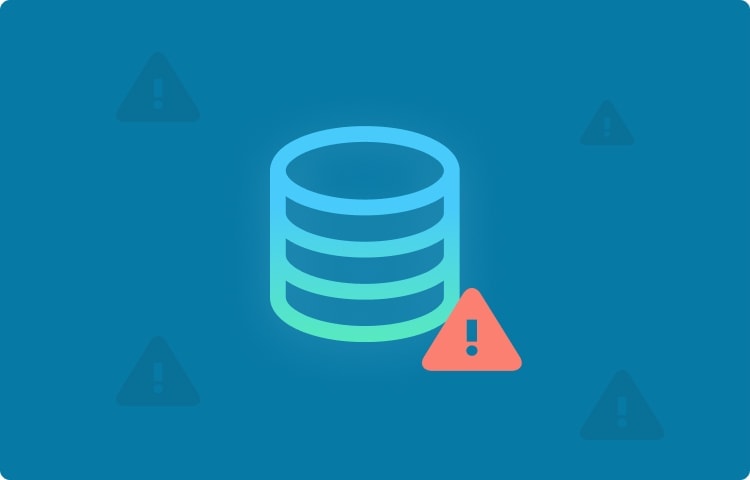Dumpster diving may seem harmless, but it can have serious consequences for internet security.
Many people don’t realise that discarding personal items, documents, or electronics improperly can expose them to identity theft, data breaches, and other security threats.
This article explores the risks of dumpster diving for online security and offers tips on protecting your personal data.
Which internet security risk is associated with dumpster diving?
Dumpster diving can expose sensitive personal information, such as credit card details or passwords. Always shred documents before disposal to reduce the risk of identity theft.
Key Takeaways
- Dumpster diving can expose sensitive information, making you a target for identity theft or cyberattacks.
- Improperly disposed of electronics, such as old phones or computers, can lead to data breaches.
- Protecting personal data by shredding documents and securely erasing devices is crucial to maintaining internet security.
What is Dumpster Diving and How Does it Relate to Internet Security?
Dumpster diving refers to the act of rummaging through other people’s trash in search of valuable items, such as discarded food, electronics, or documents.
While it’s often associated with physical items, it’s important to understand that dumpster diving can also expose sensitive information to cybercriminals.
When people throw away personal records, credit card statements, or old devices without properly disposing of them, they are unintentionally putting themselves at risk of fraud, identity theft, and other online security issues.
Types of Sensitive Data Found in the Trash

When people discard items, they often fail to consider that some of their trash can contain personal, financial, or sensitive information that could be used for malicious purposes.
Below are the common types of sensitive data found in the trash that could lead to security breaches if retrieved by the wrong people.
Personal Documents
Personal documents, such as bills, bank statements, tax forms, and credit card applications, can contain sensitive information like names, addresses, Social Security numbers, and account numbers.
Dumpster divers who gain access to these documents can use them to commit identity theft or financial fraud.
Risk: If these documents are not shredded or securely disposed of, they can be used to open new accounts in your name, make fraudulent purchases, or steal your identity.
Old Electronics
Discarded electronics such as smartphones, laptops, and external hard drives can be a goldmine for cybercriminals.
Often, people don’t take the time to securely wipe their devices before discarding them.
These devices can store vast amounts of personal information, such as passwords, photos, contacts, emails, and even bank account details.
Risk: If the devices are not properly wiped, hackers can easily retrieve personal data, which can lead to data breaches or unauthorised access to online accounts.
Prescription Medication and Medical Records
Prescription bottles, medical documents, and health-related paperwork that are thrown away without proper disposal can also contain sensitive information.
Personal health details, including medical history, prescriptions, and doctor’s contact information, are valuable targets for criminals.
Risk: Dumpster divers can use this personal health data for various types of fraud, including stealing insurance benefits or impersonating someone for medical treatments.
Cybersecurity Risks Associated with Dumpster Diving
While most people are aware of the physical risks associated with dumpster diving, such as potential injury or disease from handling discarded materials, many are unaware of the serious cybersecurity risks it poses.
Below are some of the key threats that can arise from improperly disposed of personal data.
Identity Theft

One of the biggest threats of dumpster diving is identity theft.
Cybercriminals can use the information they retrieve from discarded documents to impersonate someone else and commit various types of fraud, including opening credit accounts, taking out loans, and making purchases in the victim’s name. This risk is especially concerning in areas where regulations like the Bloomington, IL, dumpster trespassing laws are in place, aiming to prevent unauthorized access to private waste and protect residents from identity theft.
In some cases, this can result in long-lasting damage to a person’s credit score and financial health.
Phishing and Fraud
Dumpster divers can also use personal information to launch phishing campaigns.
For instance, if they find emails, phone numbers, or other contact information in discarded documents, they may use it to trick victims into revealing more personal information.
These phishing attempts may come in the form of fake emails, phone calls, or text messages from seemingly legitimate sources like banks, government agencies, or other service providers.
Data Breaches
If an old device is discarded without being wiped properly, it could lead to a data breach.
Cybercriminals may gain access to the device and retrieve sensitive information stored on it, such as passwords, financial records, or private communications.
In some cases, this could result in large-scale data breaches, where personal data is sold or used for malicious purposes.
Frequently Asked Questions
1. Can I prevent dumpster diving by using a lock on my trash bin?
Yes, using a lockable trash bin can help prevent others from accessing your personal items and documents, reducing the risk of identity theft.
2. What should I do with old electronics to make sure they are secure?
Wipe all personal data from your electronics by performing a factory reset or using data-erasure software before discarding or recycling them.
3. How can I tell if my personal information has been compromised?
Regularly monitor your financial statements, credit reports, and accounts for any signs of unusual activity. If you notice anything suspicious, take immediate action to protect your identity.
Conclusion
Dumpster diving poses a significant risk to your personal data and internet security.
By taking steps to securely dispose of documents and electronics, you can protect yourself from identity theft, fraud, and data breaches.
Shredding paper, wiping devices, and using lockable trash bins are simple but effective measures to safeguard your information.
Always stay vigilant and regularly monitor your accounts to ensure that your personal information remains secure.